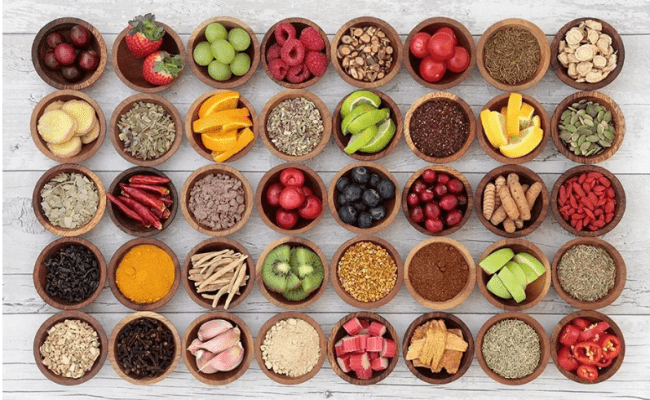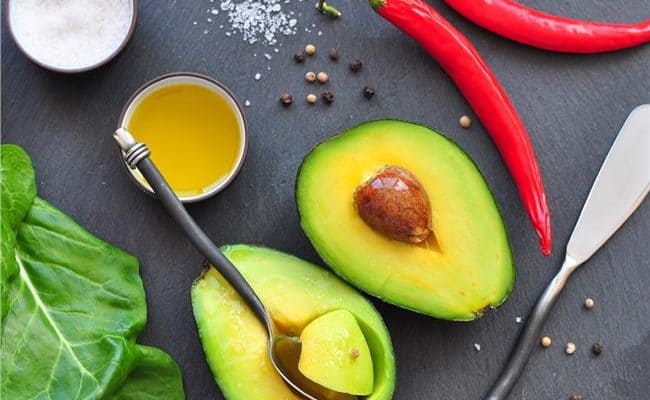
It is often presumed that when it comes to fruit, fresh is best, both in terms of nutritional value and taste. However, research has indicated that there may be a place in a healthy diet for canned fruits and that these products may even be a healthier option at times than fresh fruit from the supermarket shelves.
The canning process
Many of us associate canned products, including fruit, with limpid, tasteless and soggy food that is only really used as a last resort.
It is also commonly thought that canned fruits contain too many preservatives, or high levels of sugar or salt that decreases their health value. However, the process of enclosing fruit inside a can to preserve it has been greatly improved over the years, with food now staying fresher and retaining more nutritional value and taste than previous products.
Canning factories are often situated close to the orchards and farms where the fruit is grown, and very little time passes between the picking of the fresh fruit and when it is put into a can.
This means that often, canned fruit may contain more nutrients than fresh fruit, which may have travelled long distances and be 10 to 14 days old before it even hits supermarket shelves. Out of season fruits may be stored in cold conditions for even longer. This time lapse between picking and selling can mean a huge deterioration in the amount of nutrients present in fresh fruit.
Canned fruit on the other hand, does lose some nutrients during the processing required before canning, however it is minimal as the time frame is short and once the fruit enters the can, the nutritional value will remain the same for up to two years, meaning that canned fruit may often contain more nutrients.
Canned pumpkin, for example, can contain up to three times the amount of vitamin A than the fresh variety.
What about preservatives?
Another common concern in regards to canned fruit is the addition of preservatives. This is in fact unfounded, as there is no need to add preservatives to canned food, the canning process itself keeps food from spoiling for up to two years.
The addition of salt and sugar is a valid concern when evaluating the nutritional value of canned products, although salt is only really an issue for savoury canned products such as vegetables.
Although some fruits are packed in sugar syrups, there are also plenty of varieties that are packed in their own juice, meaning that no extra sugar is added.
The nutritional value of canned fruit
We are constantly being advised to eat more fruit daily, and canned products can help us achieve the recommended intake more easily. Although some vitamins may be destroyed by the heat used in the canning process, these products generally contain a good level of vitamins, at times even more than their fresh counterparts.
Vitamins
Canned fruits are a good source of vitamin A as this particular vitamin becomes more bio-available with the heating process. Some vitamin C is lost from canned fruit during processing however there is still a reasonable level that will stay constant no matter how long you keep the can.
Vitamin C in fresh fruit however, is likely to decrease rapidly over time.
Minerals and fibre
In terms of minerals and fibre, it is thought that the canning process generally has little effect on these components of the fruit. However, if fruit is peeled or chopped before canning, this may affect the nutritional properties.
It is also generally reported that levels of carotenoids and vitamin E are comparable in fresh and canned fruits and vegetables.
Sugar and therefore calorie content of canned fruits can also be a concern, particularly for those watching their weight.
Canned fruit generally has more calories than fresh varieties, particularly if canned in syrup. For the lowest energy option, choose fruits canned in natural juices and drain off as much juice as possible before eating as juice is a concentrated form of calories.
Canned or fresh, which is best?
Although the nutritional composition of canned fruit is widely reported to be as good, if not better than fresh fruit, it is important to realize that the quality of fruit will vary at different times of the year, and also between growers and canning facilities.
Therefore, whilst canned fruit is an acceptable way to increase overall fruit intake, a wide variety of fruit from fresh and canned sources should be consumed for optimal health.
Advantages of canned fruit
Aside from possible nutritional benefits when compared with fresh fruit that has been stored for a long time, canned fruit has many other things going for it such as:
Convenience
It is easy to keep a couple of tins in the back of the cupboard for occasions when you run out of fruit, want to whip up a quick dessert or fancy a healthy sweet treat. Even if you forget about it for months, the fruit will still be just as good as when you put it there in the first place.
It travels well
Fruit makes an ideal snack of sweet and a healthy end to a meal, but it doesn’t always take well to being transported. Canned fruit makes a great alternative for situations such as camping, school packed lunches or picnics. This can be especially good for those that are a little fussy as to the appearance of their fruit.
Seasonal fruits are available all year round.
Want to make cherry muffins in the depths of winter, it’s time to turn to a tin. Canned produce is available all year round and is likely to have been packaged in season when taste and nutritional value is at its peak.
Low cost
Fresh fruit can be expensive, depending on the source and canned varieties often make a more cost effective alternative.
References used in this article











Liam Rubel says
Canned fruits are prohibited in diet plans, as they content preservatives. But by knowing that canned fruits have more nutrition than fresh fruits means it’s better to go for canned fruits.
Bobby Wang says
Interesting article! I wonder why people ever prefer canned flavorless fruit over fresh and raw delicious fruit? The raw fruit tastes better and is healthier for you compared to the canned fruit. The only reason, as it states in your article, people ever use canned fruit is to store it for future uses and keep it from spoiling.
John Schulz says
I have actually found it difficult to find regular canned fruit (peaches, pears) in the chain stores without sugar added and without paying a bit more…we live in a sick society when food companies feel a need to sweeten something that is naturally sweet then charge us more if we want it healthier.